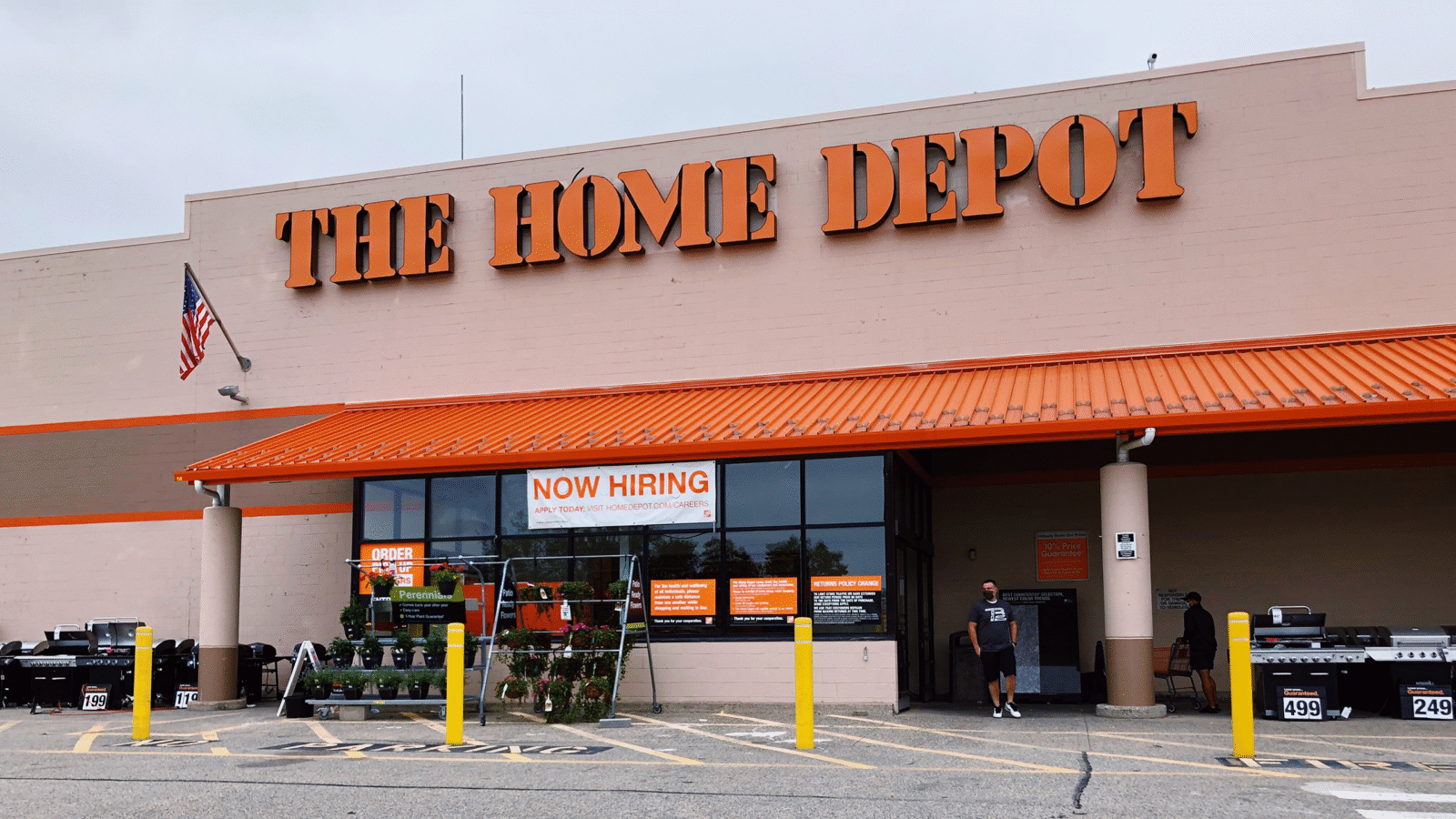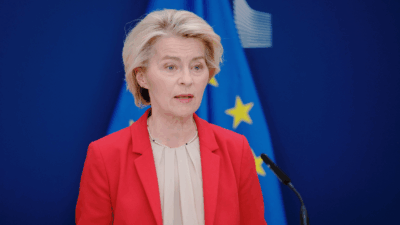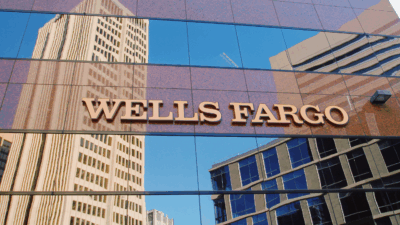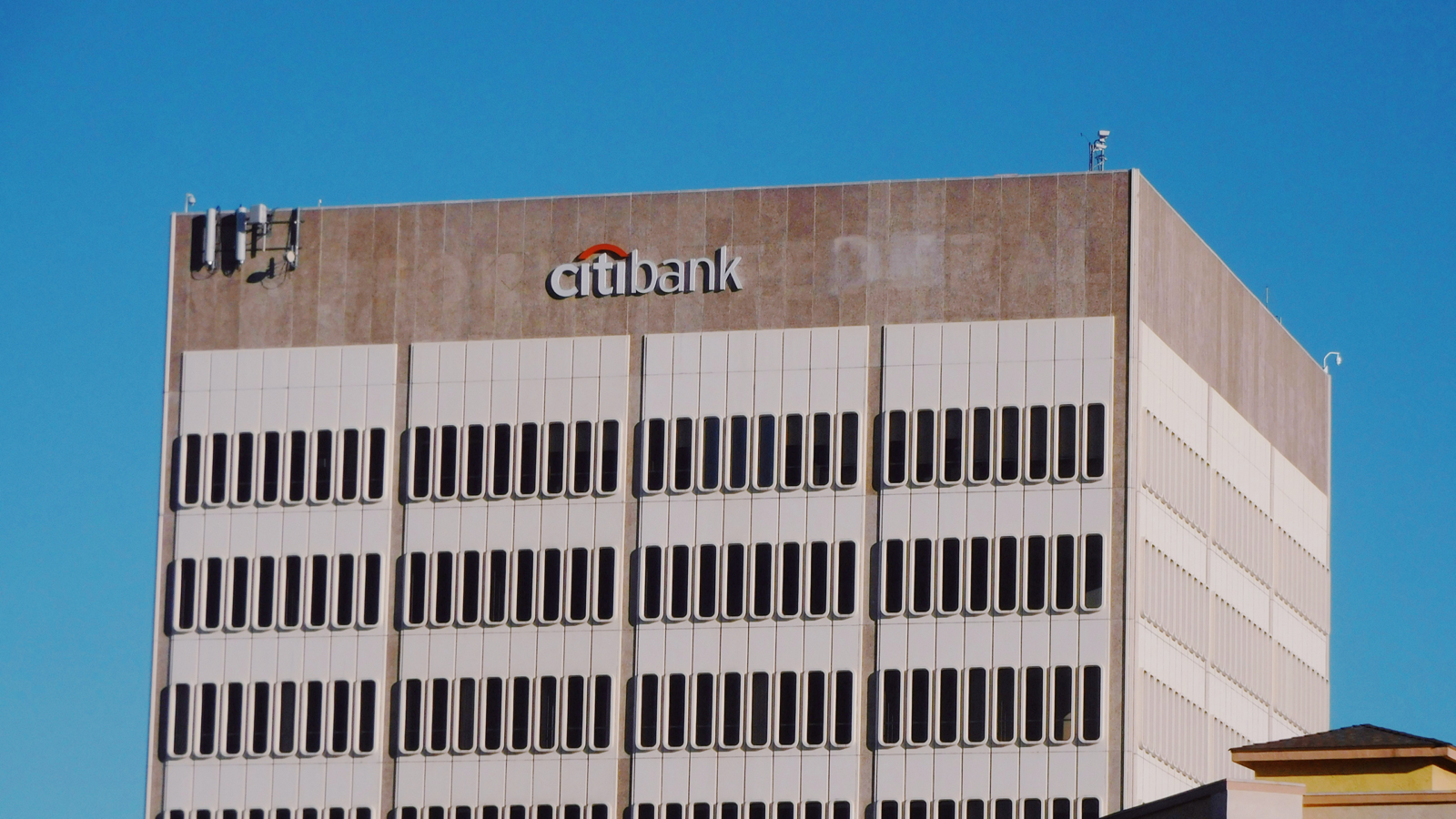2024: The Year Europe’s Bank Merger Dominoes (Maybe) Started to Fall
Europe’s bank M&A scene has been noticeably stagnant for a while, but that could all be about to change next year.
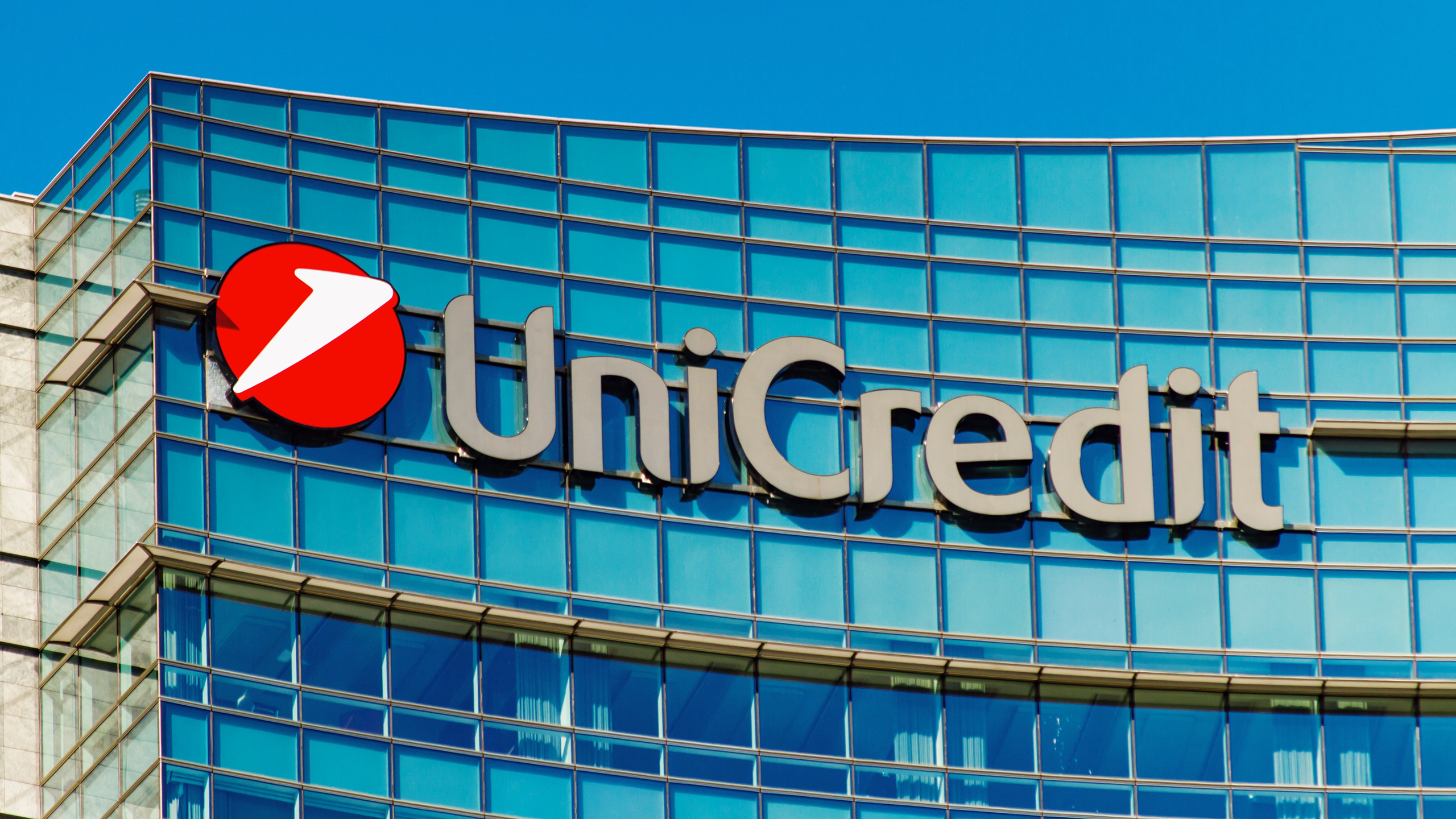
Sign up for smart news, insights, and analysis on the biggest financial stories of the day.
Nothing to shake things up like some Italian bravado. For years, a predicted tidal wave of bank mergers across Europe didn’t happen. In 2024, one CEO tried to change that — he was still going as of last week.
UniCredit chief Andrea Orcel, head of Italy’s second-largest lender, upped his firm’s stake in Commerzbank to 28% shortly before Christmas, three months after he revealed a surprise 9% holding in Germany’s second-largest lender that he’s been increasing ever since. The response to his aggressive merger pursuit: fury among German politicians and implicit support from the European Union’s top bureaucrats.
The Opening Salvo
European governments are still gradually selling off shares in banks that were rescued during the 2008 financial crisis (semi-related: The Big Short is a fun plane rewatch for those travelling home this week). To wit, the UK government cut its stake in Natwest earlier this month to below 10%, from roughly 16% two months earlier. The Dutch government announced in October that it was reducing its stake in ABN Amro to 30% from 40.5%, and the Greek government said that same month that it had sold off a 10% stake in the National Bank of Greece.
The moves heighten the possibility of mergers. What was missing was a move like Orcel’s, which along with the hostile takeover bid from Spain’s BBVA for Banco Sabadell, heralded the “arrival of long-awaited mammoth consolidation deals,” attorneys at White & Case said. To succeed, however, the deals must overcome the one-two snag of politics and national pride:
- Orcel made his initial surprise move by exploiting the governments’ exits from their banking stakes — he bought a 4.5% stake from the German government after previously building up a 4.5% stake of his own. German Chancellor Olaf Scholz was not pleased, calling his move “an unfriendly attack.” Italian Member of the European Parliament Irene Tinagli, who once chaired the European Parliament’s economy committee, noted to Politico the irony that all EU member states, including Germany, have called for “greater financial integration, but when faced with potential takeover of national champions, they start having ‘second thoughts.’”
- While careful not to endorse specific cases, the European Commission, the EU’s executive body, said in an official statement in September that, “mergers could make banks more resilient to shocks due to greater asset diversification. And they would allow European banks to have more efficient business models, pursue growth strategies and invest in digitalization.” European Central Bank president Christine Lagarde also gave an implicit nod to Orcel, calling European bank mergers “desirable” since they would help to challenge much more consolidated US and Chinese rivals.
Putting His Cards on the Table: The outspoken Orcel put all his cards on the table in an op-ed published in the Financial Times last week, arguing that, while the EU has embraced a single market, its financial sector has remained siloed. “Our cherished single market is incomplete and needs work,” he wrote. “We need to focus on an EU-wide strategy for growth. Yet we seemingly cannot agree on simple things such as having a capital markets or banking union to support investment and growth.”
